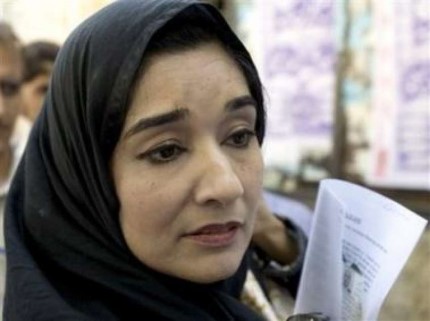What you need to know about the activities and life of Aafia Siddiqui: interesting information |
|
Many people gain fame by manifesting themselves in extreme situations. Sometimes this applies to those who are convicted of terrorist activities.
The verdict against them is not always unambiguously perceived in different countries. One of these people was Aafia Siddiqui. To understand all the details of her case, it is worth exploring more information on the https://world-arabia.com/articles/aafia-siddiqui-the-story-behind-the-multifaceted-narrative/. Milestones of the biographyA girl was born in Karachi, Pakistan in 1972. Her father was a neurosurgeon, her mother was a teacher, and she herself showed a thirst for knowledge from childhood, being a deeply religious person. After graduating from high school, Aafia went to the USA, choosing one of the most prestigious universities in the world – MIT. She successfully graduated with a bachelor's degree. Then there were doctorates at Brandeis University. At the same time, she devoted herself to humanitarian work, volunteering at the Muslim Students Association and the Al-Kifah Refugee Center. These organizations, and some of their members, will then be suspected and accused of supporting terrorists, which will cast a shadow on Siddiqui herself. After the September 11th terrorist attackThe woman was forced to go back to Pakistan with her three young children. She lived here for two years and then suddenly disappeared in 2003. Everyone was at a loss to guess, but nothing was known about the fate. Everything became clear in 2008, when Siddiqui was arrested by the Afghan authorities in the city of Ghazni. She offered armed resistance, then attempted to escape. These facts and the evidence found allowed the Afghans to satisfy the US extradition request. The trial took place in 2010 and Siddiqui received a sentence of 86 years in prison. He is considered biased and unfair in Pakistan and other Muslim countries, and attempts are being made to free him by offering hostages from among American citizens in exchange. This case once again testifies to the multipolarity of the world and the difference in approaches to people's assessments. |
